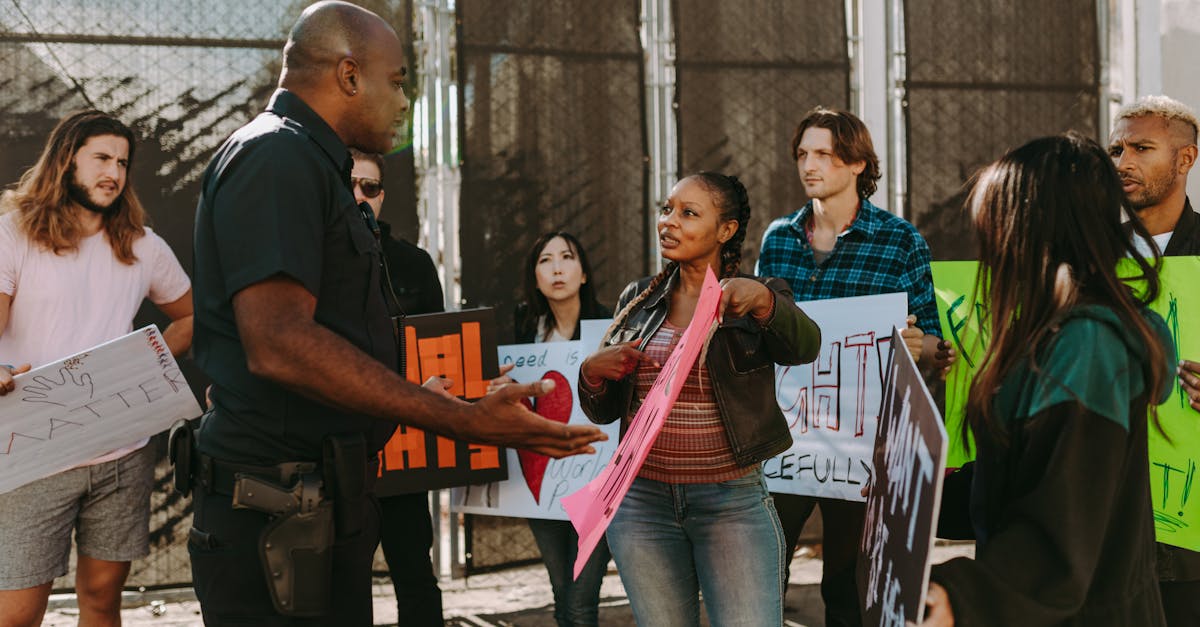
Introduction
In recent developments concerning U.S. immigration policy, a federal judge has extended a block on the Trump administration's order to ban international students from staying in the country if their classes were moving online. This directive initially aimed to restrict these students' stay unless they participated in at least some in-person classes. The decision to extend the block has sparked widespread discussions on its implications for international students and educational institutions. Critics argue that the administration's policy was detrimental to academic integrity and financial stability of universities. Many international students worried about their status and ability to continue their education in the U.S. With this extension, there seems to be a temporary relief, but uncertainty looms over future actions.
Trump Administration's Initial Announcement
In July, the Trump administration announced a policy change that would potentially strip international students of their visas. Under the proposal, if their schools were conducting classes entirely online, foreign students would have to leave the United States or transfer to a school offering in-person instruction. This change was a deviation from the temporary exemptions made earlier in the pandemic, allowing students more flexibility. The announcement immediately drew criticism from various quarters, including educational institutions and student communities. Universities, grappling with the challenges posed by the pandemic, saw the move as disruptive and unnecessary. The policy was also seen as a pressure tactic to force schools to reopen campuses against safety guidelines.

Jorge Urosa/Pexels
Pushback from Educational Institutions
Resistance from universities was swift and pronounced. Harvard University, in conjunction with the Massachusetts Institute of Technology (MIT), filed a lawsuit challenging the policy. Their stance was clear: the directive was arbitrary and capricious. Their legal challenge drew support from numerous institutions and state governments, pointing to the unconstitutionality of the policy. Universities highlighted that the policy disregarded the health and safety of students and staff in the face of a pandemic, urging the need for flexibility in educational delivery methods. They emphasized the importance of having autonomy to decide the mode of instruction based on prevailing health conditions.
Supporting Arguments from Various Stakeholders
International students are vital to the U.S. academic ecosystem. Beyond driving diversity on campuses, they also contribute significantly to the economy. The directive threatened to disrupt these dynamics, causing concern among stakeholders. Students faced unprecedented stress over visa status, living arrangements, and academic continuity. Educators argued that student well-being and educational quality should not be compromised. Reports highlighted the potential loss of talent, innovation, and economic contributions if international students were hindered from completing their studies in the U.S. These arguments formed the backbone of resistance against the proposed changes.
The Judiciary Responds
The judiciary played a pivotal role in scrutinizing and blocking the directive. In a landmark ruling, Judge Allison D. Burroughs announced a temporary injunction, effectively halting its implementation. The judge's decision provided international students with a reprieve, allowing them to continue their studies irrespective of their institution's instructional mode. Judge Burroughs emphasized the broader societal implications, highlighting the importance of supporting educational structures and the global exchange of academics. This ruling was widely celebrated by affected students and institutions, marking a temporary victory in an ongoing battle.
Impact on International Students
The decision to extend the block has brought temporary relief to international students who faced immense uncertainty with their future in the U.S. Many students, who are away from their home countries and families, found solace in the assurance provided by the judicial intervention. The ruling has allowed them to concentrate on studies without the looming threat of deportation. However, many remain cautious due to the potential for policy reversals. Legal experts suggest staying informed and prepared for any sudden policy shifts, reflecting the precarious nature of immigration policies under the current administration.
Educational Institutions and Economic Considerations
Universities have been vocal about the potential economic repercussions of the Trump administration's directive. The financial contributions from international students are significant, impacting various sectors within university operations. The extended block allows institutions to evaluate and adjust their strategies, ensuring they can continue to offer global education. Economists caution that any long-term visa restrictions might affect the U.S. higher education sector's competitiveness. Allowing flexibility during unprecedented times like a pandemic showcases the responsiveness of educational institutions to global challenges, reassuring both current and prospective international students.
Criticism of the Administration's Approach
The Trump administration faced extensive backlash for what many termed as an anti-immigrant stance. Critics argued that the directive was less about education and more aligned with political agendas centered on restricting immigration. Academic and human rights groups voiced concerns that such moves might deter talented individuals from pursuing education in the U.S. Administration officials, however, upheld the view that the policy ensured accountability and prevented abuse of online learning norms. Despite differing opinions, the international discourse centered around the essential role of academic freedom and inclusivity in education.
Current Status and Future Speculations
As of now, the extension of the block provides a temporary safeguard for international students as the world navigates a pandemic. However, with political landscapes constantly evolving, future policy directions remain unpredictable. Stakeholders remain vigilant, ready to challenge any future directives that may arise. Institutions are urged to continue dialogues with policymakers to seek long-term solutions. The case has underscored the importance of adaptability and resilience within educational systems in responding to policy changes. Legal experts encourage ongoing advocacy to ensure educational access remains unaffected by immigration policies.
Conclusion
The judge's decision to extend the block on Trump's international student ban serves as a pivotal moment, reinforcing the importance of educational continuity during global challenges. The ruling exemplifies the judiciary's role in balancing policy implications with societal needs. While it provides a momentary sigh of relief, the underlying issues relating to visa and immigration policies remain pressing. Advocates remain steadfast in their pursuit of fair, equitable, and inclusive educational structures. This outcome underscores the interconnected nature of global education, immigration, and the need for compassionate policy-making.